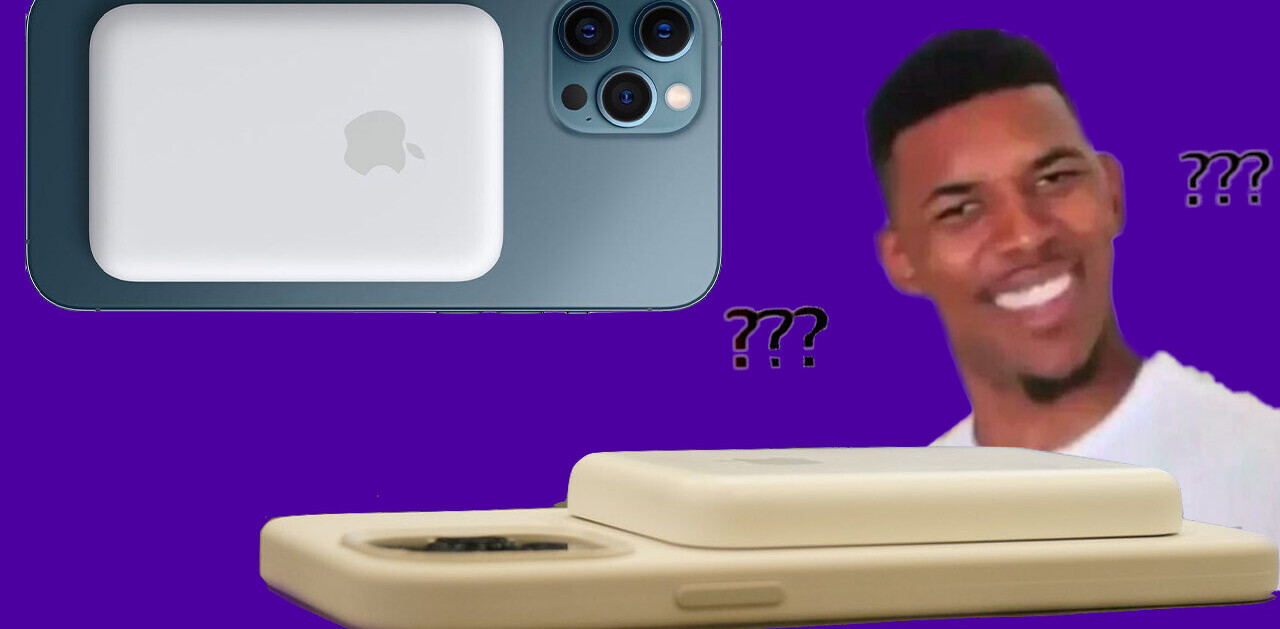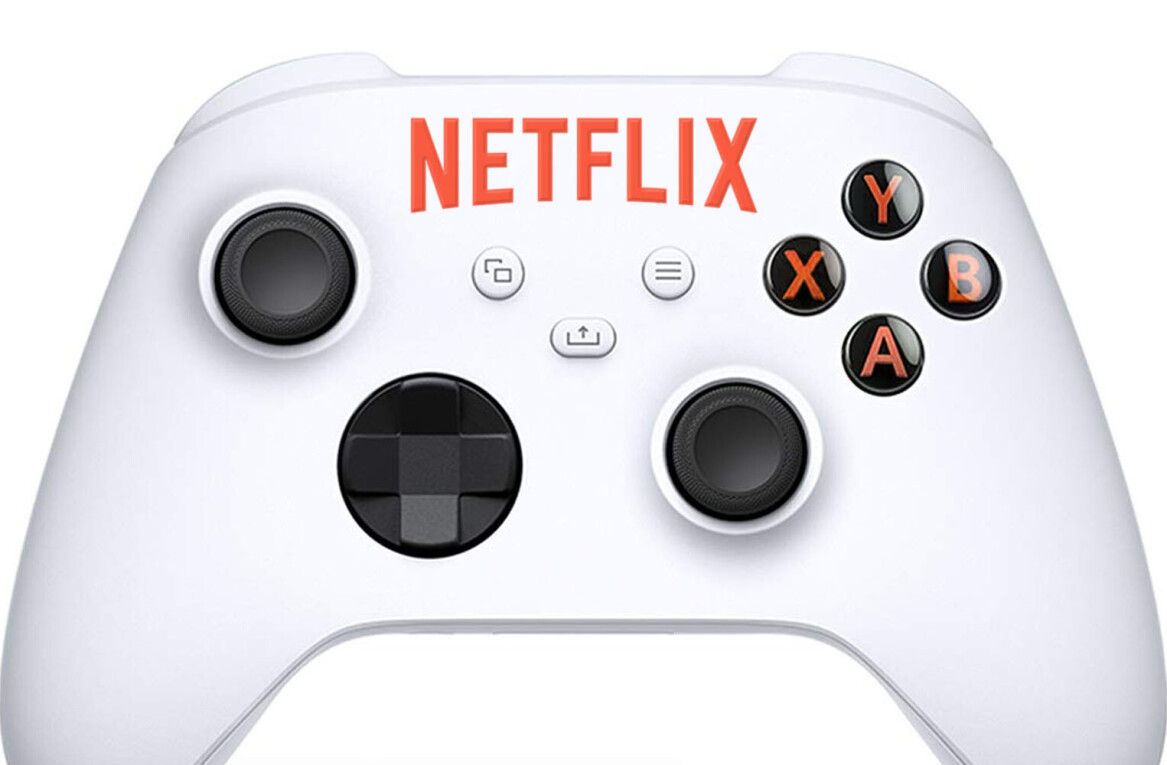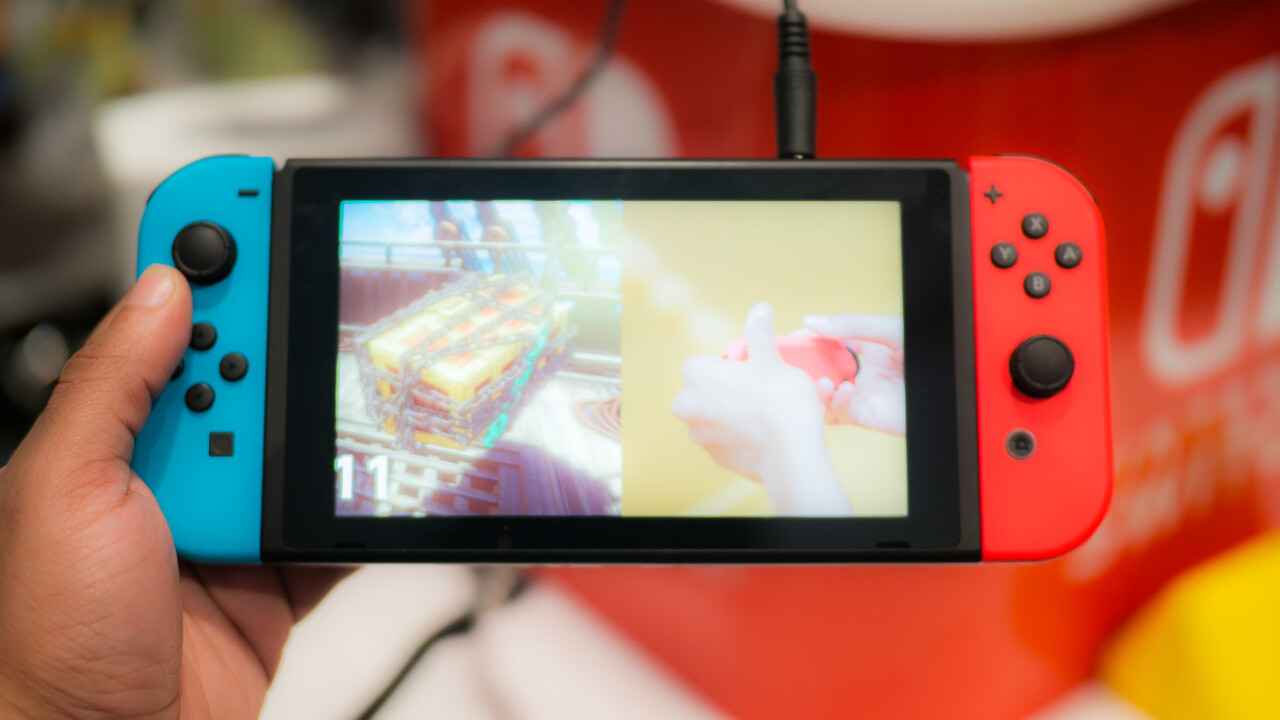
Like any good gamer, I was dutifully ecstatic when Nintendo invited me to try out the Switch earlier this week. But I was also a teensy bit disappointed the session focused on the mini-game oriented 1-2 Switch, instead of a flagship title like the new Zelda.
That was naive of me. My brief time with 1-2 Switch was some of the most fun I’ve had playing videogames in years.
Videogames and their controllers come in many shapes and forms, but they’re almost all united by one thing: you must be looking at some kind of a display. Even games with unique controllers like Guitar Hero or Dance Dance Revolution require you keep your eyes glued to the TV to know what you’re doing.

1-2 switch challenges that dogma. It instead asks you to spend almost all your time looking away from the screen, facing your opponent directly and taking cues from their physical movements in addition to feedback from the Joy-Con remotes.
Speaking of, those controllers were,*ahem*, a joy to use. While the controllers are quite small, and a little cramped if used horizontally, the buttons and analog sticks are responsive and feel as solid as any Nintendo hardware. They’re quite comfortable and very light considering all the tech packed into them.
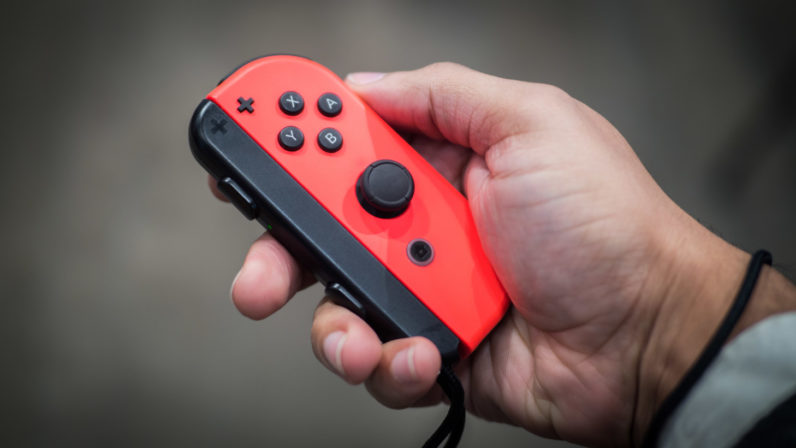
Meanwhile, the 6.2-inch display is sharp, bright, and vibrant; I didn’t really notice it was ‘only’ 720p.
The main console portion is surprisingly petite with the Joy-Cons removed – the whole thing is even fairly pocketable if you split up the components into separate pockets. I also love the fact that you get two controllers by default, and will have them everywhere you go.
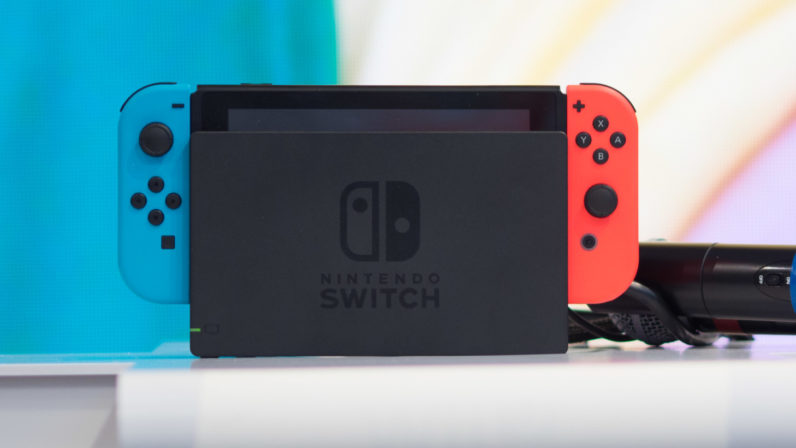
Always having two controllers is part of why I see 1-2 Switch becoming quite a popular party game in the next year. While the game is not bundled with the console, you don’t have to spend money on an extra remote or worry about how you’ll carry it around. It doesn’t hurt that 1-2 Switch is ridiculously fun.
In one challenge, my opponent and I had to “shave” our faces as fast as possible. It was a great example of the HD rumble, which managed to convey the sensation of a vibrating razor – a dull buzz – and the feeling of hitting a coarse hair – a sharp prick – at the same time. It actually feels a lot like a more powerful version of Apple’s Taptic Engine.
Another game had us try to guess how many balls were trapped inside a virtual box. Sometimes we’d have to shake the controllers around if the balls became stuck. In yet another, I had to try and “eat” virtual sandwiches as quickly as possible, using the right Joy-Cons IR sensor do detect our mouth’s movements.
Needless to say, I looked ridiculous playing all of them.
But my favorite demo was a sword-fighting challenge in which you waved around the controllers and used the shoulder triggers to guard. Of course, there is no physical impact from your adversary, but the sharp vibration and sound of swords clashing was feedback enough for a surprisingly realistic sword-fighting experience.
It’s the one where Nintendo’s strategy here most clicked: you feel extra invested in the challenge when you are directly facing a human opponent, and can calculate your attacks based on their physical positions. Concerns about graphics and horsepower don’t matter all that much when you’re looking at the real world (and when you’re having that much fun).
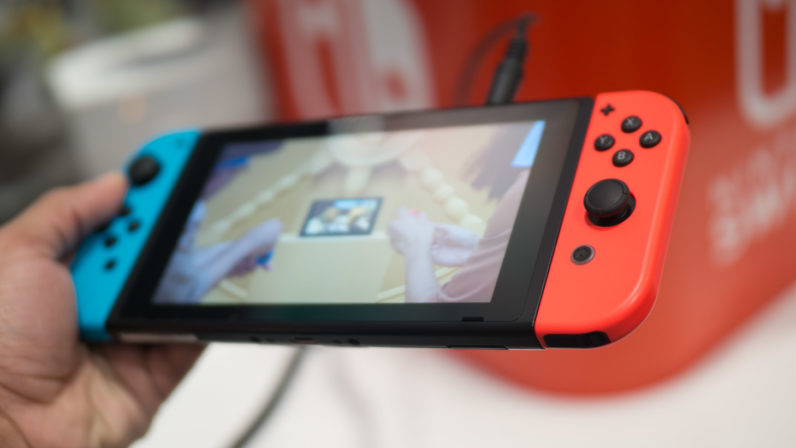
Nintendo told me that it views the Switch as more of an entertainment machine than ‘just’ a videogame console; viewed from that lens, 1-2 Switch is a perfect proof of concept. In fact, Nintendo says the game was inspired by its early history as a playing card company rather than its current pedigree. It’s almost strange to call 1-2 Switch a videogame.
Despite my anticipation for the Switch’s flagship titles, I remember that some of most fun I had in the Wii era involved playing Wii Sports with friends and family – a game that was also basically a tech demo for its console’s capabilities, and which helped redefine videogames by introducing the masses to motion controls.
I don’t know whether 1-2 Switch will provide quite the same universal appeal. It’s not bundled with the console (and is too expensive, at $50), it requires multiple players, and it’s not like most games will ask you to look away from the screen so often.
But that’s not the point. Once again, Nintendo has managed to broaden the definition of what video games can be, and I can already see how some of the ideas here could make for interesting control mechanisms on future titles. Here’s to hoping Nintendo manages to drum up the developer support to back up its ideas this time around.
Get the TNW newsletter
Get the most important tech news in your inbox each week.
